From the bulky folder of documents sent to the daily newspaper Magyar Nemzet by e-mail earlier, so far we have mainly published extracts from Skype interviews which reveal that by manipulating foreign journalists, NGOs (non-governmental organisations) also financed by George Soros depict a distorted, false image of Hungary. The interview extracts quoted in this article reveal that when talking among themselves, the very activists who attack almost every measure the government adopts regard Hungary as a positively great place to live in.
In the past few days, our newspaper has already published extracts from a number of Skype interviews, and so we now have a relatively clear picture of the working methods of journalists cooperating with NGOs, and of what is behind the unfounded attacks against Hungary. More importantly, the persons who shared their opinions in these interviews have or had first-hand experience of how the machinery works. The interviews published to date featured Andrej Nosko, a former director of the Open Society Foundations, Mátyás Kálmán, a former contributor of the news portals Index and 24.hu, and Dalibor Rohac, a senior researcher of the American Enterprise Institute.
On this occasion, readers may acquaint themselves with the opinions of a new interviewee, Márton Asbóth. One of the current project leaders of the Hungarian Civil Liberties Union (TASZ) spoke about the strong bias of the Western press against Hungary. “I think Western countries have a very strange narrative or view, based on which they’re inclined to believe that Hungary is a terrible place where democracy doesn’t exist. It’s as if it were like Belarus or something like that,” the project leader of TASZ said.
Mr Asbóth pointed out that while the foreign press keeps reporting that in Hungary and Poland there are authoritarian regimes, in his view, both Hungary and Poland are great countries to live in.
He took the view it is not that there is a dictator who wants to guide “this fine little country that Hungary was at the time of the change of regime” in a different direction. That would be too simple a story; there are much deeper causes in the background. And for many long years, the international press has refused to recognise this, he said, highlighting that foreign journalists cannot even be bothered to properly inform themselves about the situation in Hungary.


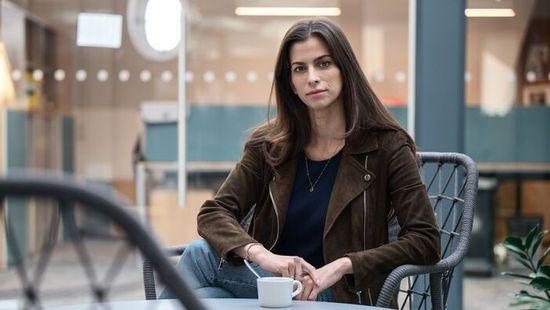

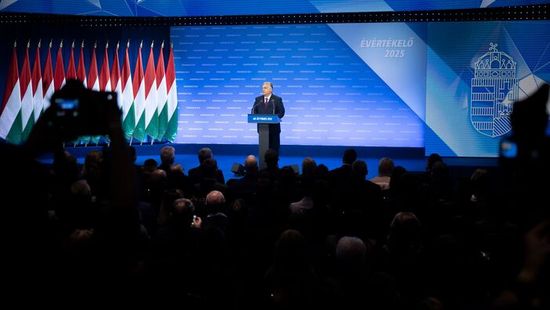


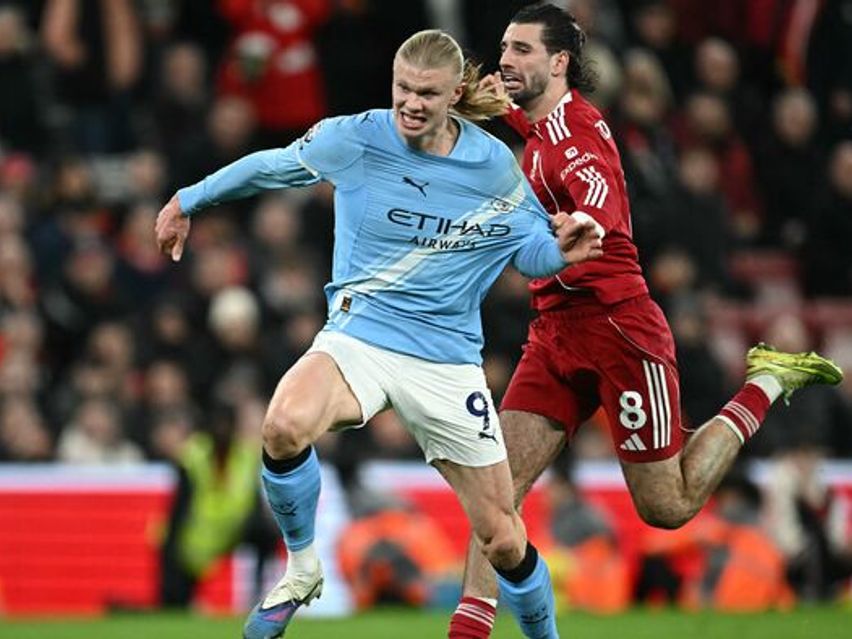

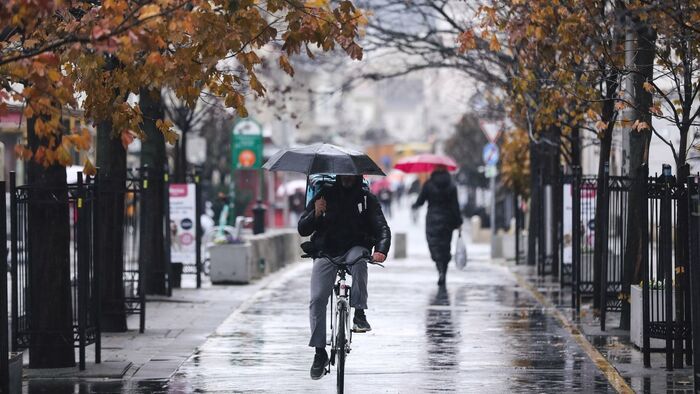




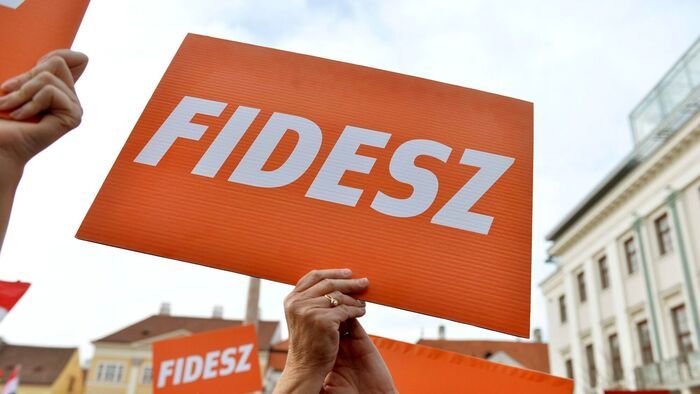
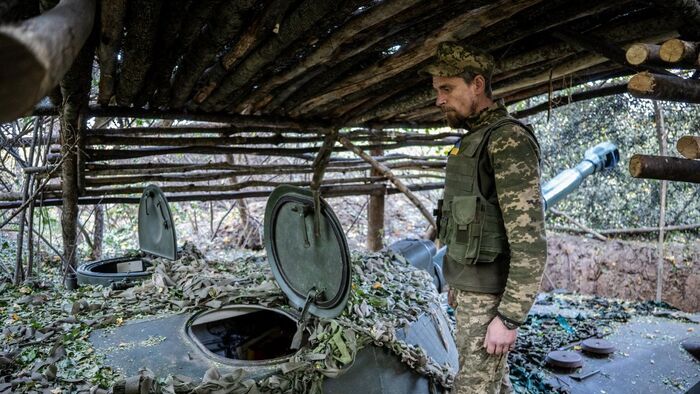
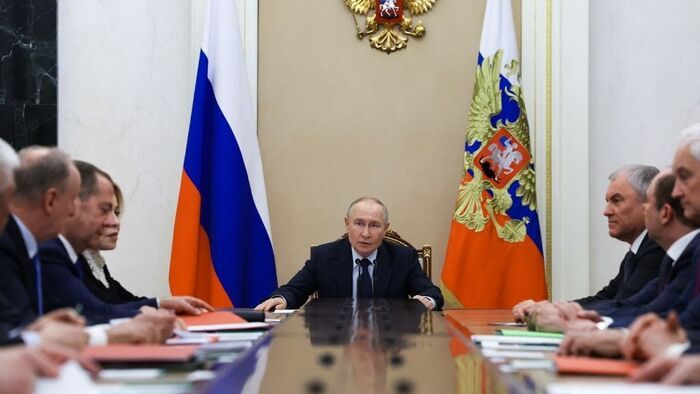






Szóljon hozzá!
Jelenleg csak a hozzászólások egy kis részét látja. Hozzászóláshoz és a további kommentek megtekintéséhez lépjen be, vagy regisztráljon!